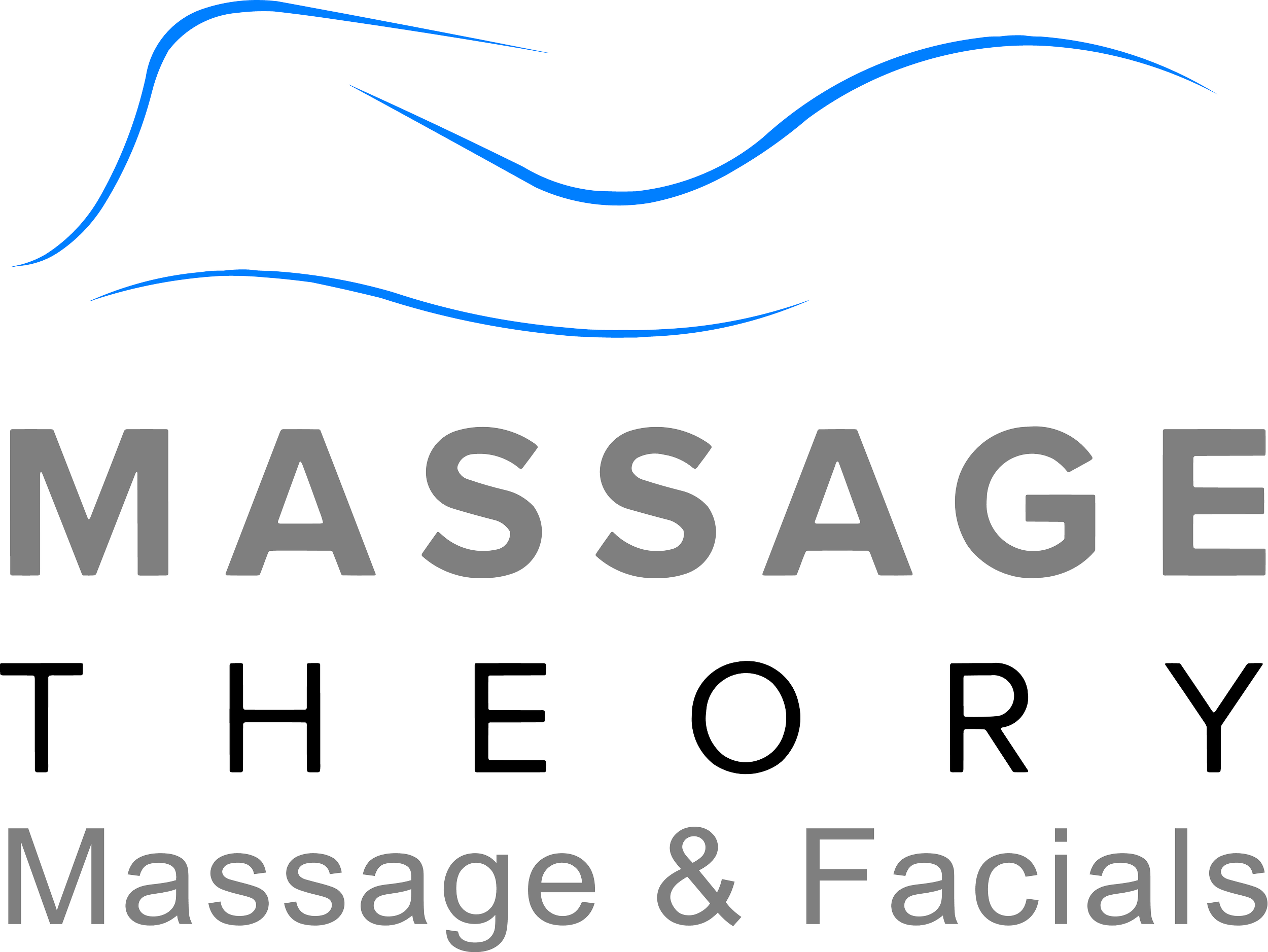The Impact of Massage Therapy on Sleep Quality: Enhancing Rest and Well-Being
Massage therapy has been increasingly recognized as a valuable intervention for improving sleep quality. By addressing physical tension and promoting relaxation, massage therapy can significantly enhance your sleep quality. Whether you are dealing with chronic pain, stress, or other health conditions, incorporating massage therapy into your wellness routine can lead to better sleep and overall health improvements.
Studies have shown notable benefits of massage therapy across different populations, from critically ill patients to postmenopausal women. For example, patients in critical care units have reported enhanced sleep quality after receiving regular massage interventions.
Similarly, postmenopausal women have seen improvements in both sleep patterns and quality of life through massage therapy.
Moreover, specialized techniques like hot stone massage have also demonstrated significant impacts. Hemodialysis patients experienced better sleep and quality of life following hot stone massage sessions. By tailoring massage therapy to your specific needs, you can achieve more restful sleep and enjoy the broader benefits that come with improved health and wellness.
Mechanisms and Effects of Massage Therapy
Massage therapy can significantly impact the quality of sleep by affecting various physiological and psychological processes. This section will explore the underlying science, different techniques, and their outcomes on sleep disorders and insomnia.
Understanding the Science Behind Massage
Massage therapy's benefits on sleep quality are tied to several biological mechanisms. It can decrease the level of cortisol, a stress hormone, while increasing serotonin, a neurotransmitter essential for mood and sleep regulation. By facilitating muscle relaxation and enhancing blood circulation, massage also helps in pain reduction and fatigue management.
Moreover, massage therapy can activate the parasympathetic nervous system, leading to a state of relaxation and improved sleep physiology. This is crucial for tissue repair and muscle recovery, making it particularly beneficial for individuals experiencing disrupted sleep patterns or insomnia.
Massage Techniques and Their Impact on Sleep
Different massage techniques can uniquely benefit sleep quality. Swedish massage, which includes effleurage and petrissage, is known for its soothing effects, promoting deep relaxation and easing tension. Deep tissue massage, on the other hand, can address chronic pain and muscle imbalances, significantly improving sleep among individuals with physical discomfort.
Myofascial release and therapeutic touch are particularly effective for addressing sleep disorders caused by stress and anxiety. Even simple techniques like a foot massage can enhance general well-being, reducing symptoms related to sleep issues and elevating mood. These varied methods cater to different needs, offering a comprehensive approach to enhancing sleep quality.
Improving Sleep Disorders and Insomnia
Massage therapy is also beneficial for those suffering from sleep disorders and insomnia. By promoting relaxation and reducing muscle tension, it can enhance the overall quality of sleep. Studies have shown that massage therapy, as part of relaxation therapy, can be as effective as some forms of cognitive behavioral therapy in treating sleep issues.
Incorporating massage therapy into your routine can help manage symptoms of depression and anxiety, which often contribute to sleep disturbances. Techniques such as therapeutic touch and myofascial release can reduce stress and promote a more restful state, aiding those who find it difficult to fall or stay asleep.
Massage Therapy in Clinical and Demographic Contexts
Massage therapy plays a significant role in improving sleep quality across various clinical and demographic contexts. It has been shown to benefit diverse populations, including patients with chronic conditions and individuals seeking complementary and alternative medicine solutions. Each subsection will explore specific benefits and applications.
Addressing Sleep Quality in Special Populations
Massage therapy is an effective intervention to improve sleep quality in special populations such as cancer patients, the elderly, and infants. For instance, therapeutic massage has been reported to enhance sleep quality in breast cancer patients undergoing maintenance hemodialysis and those suffering from fibromyalgia or cardiovascular disease.
Using tools like the Pittsburgh Sleep Quality Index, improvements in sleep patterns are noticeable among these groups. Moreover, studies have shown that prenatal massage positively impacts pregnant women and postmenopausal women, helping alleviate insomnia linked to hormonal changes. In elderly and hospitalized adults, regular massage sessions can lead to significant improvements in both quality of life and sleep quality.
Role of Massage in Complementary and Alternative Medicine
In the context of complementary and alternative medicine, massage therapy is increasingly recognized for its multifaceted benefits. According to the American Massage Therapy Association, massage therapy is a potent means to manage various ailments, from lower back pain to diabetes and stress-related conditions.
A growing body of literature, including randomized controlled trials and meta-analyses, supports the efficacy of massage therapy in conjunction with other complementary treatments like acupuncture and exercise regimes. Ethics in nursing also emphasize the importance of patient-centered care, where massage therapy serves as a non-invasive alternative to pharmacological interventions, further underscoring its value in holistic healthcare settings.
Enhancing Quality of Life and Health Outcomes
Massage therapy directly influences quality of life and health outcomes, notably in patients experiencing chronic pain or stress. For example, a systematic review found that regular massage sessions improve sleep, reduce anxiety, and help manage fatigue. This is crucial for populations such as children, hospitalized adults, and those recovering from illness or surgery in Iran and the United States.
The impact on sleep is particularly significant for individuals with chronic conditions, such as diabetes and cardiovascular disease, where improved sleep contributes to better overall health. Additionally, massage therapy has been shown to boost mental well-being, reducing symptoms of depression and anxiety, thereby enhancing overall life satisfaction.
By focusing on these specific aspects, it becomes evident how massage therapy is an invaluable tool in various clinical and demographic contexts.
